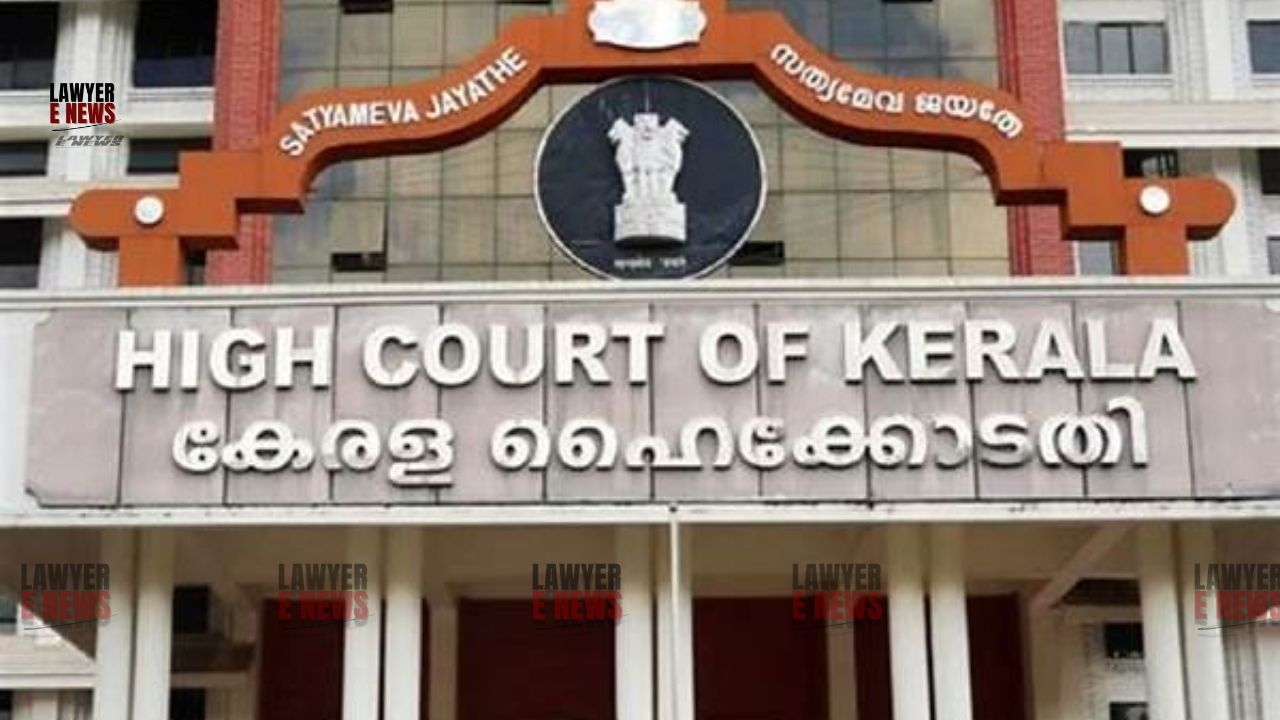-
by Admin
15 February 2026 5:35 AM



High Court invalidates Central Administrative Tribunal's directive on belated date of birth correction for Doordarshan engineer. In a significant judgment, the Kerala High Court overturned a Central Administrative Tribunal (CAT) decision that allowed the correction of a government employee's date of birth after more than two decades of service. The bench, comprising Justices Amit Rawal and Easwaran S., emphasized the importance of adhering to established rules and timelines for such corrections, citing the potential administrative and financial repercussions of late alterations.
The case involves Sunny Joseph, an Assistant Engineer at Doordarshan Kendra, Thiruvananthapuram, who joined service on November 7, 1989. At the time of his appointment, his date of birth was recorded as June 1, 1964, as per his SSLC Book. In 2007, Joseph discovered that his actual date of birth was July 2, 1964, based on his birth certificate obtained from the local panchayat. He successfully corrected his SSLC records and subsequently requested a change in his service records, which was initially denied by the authorities citing procedural delays and rule violations.
The High Court scrutinized the procedural timeline and legal provisions applicable to the case. The court noted that the application for correction was made in 2013, more than five years after the alleged discovery of the error and over two decades into Joseph's service. As per Rule 56 of the Fundamental Rules and the DoP&T Office Memorandum dated May 19, 1993, such corrections should be sought within five years of entry into service.
Justice Easwaran stated, "It is settled law that correction of date of birth in service records cannot be claimed as a matter of right. Courts and Tribunals must be cautious in entertaining belated claims which can disrupt the administrative process and burden the exchequer" .
The court cited multiple precedents, including Union of India v. Harnam Singh [(1993) 2 SCC 162], which underscored the importance of timely applications for date of birth corrections. It also referenced the Supreme Court's ruling in State of Madhya Pradesh v. Premlal Shrivas [(2011) 9 SCC 664], highlighting that late claims, especially at the fag end of a career, should not be entertained without compelling reasons .
The CAT had allowed the correction, noting that the change would only extend Joseph's service by 32 days and impose no additional burden on the department. However, the High Court disagreed, asserting that the CAT failed to consider the legal constraints and the broader implications of setting such a precedent.
Justice Rawal emphasized, "Allowing such corrections at the end of a career, without substantial justification, not only sets a problematic precedent but also undermines the rules established to ensure administrative efficiency and fairness" .
The court highlighted the statutory embargo against entertaining applications beyond the stipulated period, as per Section 21 of the Central Administrative Tribunal Act, 1985. The respondent's claim, which surfaced in 2013 and was pursued through various representations until 2022, did not align with these legal requirements.
The Kerala High Court's decision to set aside the CAT's order underscores the judiciary's commitment to upholding procedural integrity and administrative efficiency. By reinforcing the importance of timely applications and adherence to established rules, the judgment serves as a cautionary tale for future cases involving belated requests for official record corrections. This decision is expected to have significant implications for similar cases, reaffirming the necessity for employees to act promptly in such matters.
Date of Decision: 23 May 2024
